
Reflections on the 60th Ordinary Session of the African Commission on Human and Peoples' Rights
Last month, Commissioners and representatives of African member states, national human rights institutions and non-governmental organisations travelled to Niamey, Niger, to attend the African Commission on Human and Peoples' Rights' (the Commission) 60th session. DefendDefenders led a delegation of human rights defenders (HRDs) from Burundi, Ethiopia, Eritrea, Kenya, South Sudan, and Uganda to engage with the Commission.

Last month, Commissioners and representatives of African member states, national human rights institutions and non-governmental organisations travelled to Niamey, Niger, to attend the African Commission on Human and Peoples’ Rights’ (the Commission) 60th session. DefendDefenders led a delegation of human rights defenders (HRDs) from Burundi, Ethiopia, Eritrea, Kenya, South Sudan, and Uganda to engage with the Commission.
Representatives from African and international civil society, national human rights institutions and Commissioners gathered for an NGO Forum in the days leading up to the Commission’s Ordinary Session to share updates on the human rights situation across the continent and agree on issues that should be highlighted during the session. DefendDefenders hosted a number of panel discussions on growing issues the human rights community in Africa has to address, notably migration and internet freedom, in the context of the African Union’s decision to devote 2017 to "Harnessing the Demographic Dividend through investments in Youth”.
The explosion of a worldwide refugee crisis in recent years has rocked the human rights agenda across the globe, and has had a profound impact on relations between Europe and Africa. As governments in Europe work to stem the flow of migrants and refugees making the perilous journey to their shores, civil society should focus on strategies to move beyond the immediate response to the crisis and toward long-term, sustainable solutions to the root cause of population movements. During the panel discussion, panellists discussed the future implications of mass migration movements for the enjoyment of social, economic, and cultural rights, as young and talented people move away from the continent, with Hon. Commissioner Maya Fadel pointing out that "losing our youth is the greatest risk we face.”
In our increasingly digital world, human rights activists find that the internet has both empowered them and made them more vulnerable. Despite resolutions by theACHPRand theUN Human Rights Councilaffirming that the same rights people enjoy offline should be enjoyed online, recent years have seen States place increasing restrictions on internet freedom through legislation or shut-downs, such as Tanzania’s 2015 Cyber Crimes Act that has been used to prosecute various critical bloggers, or the social media blackout during Uganda’s 2016 Presidential elections. During DefendDefenders’ second panel, Sheila Keetharuth, the UN Special Rapporteur on Eritrea, spoke alongside online activists to explore coping strategies developed when facing restrictive measures, the potential of the internet as a means to safeguard freedom of expression, and as a powerful tool for advocacy and information exchange in countries where opportunities where the right to freedom of expression is curtailed. We were encouraged to see the Commissioners bringing up this subject during Uganda’s first African Peer review, asking about the February 2016 internet black-out.

During the NGO Forum, the Pan-African Human Rights Defenders Network (PAHRDN) launched its annual "State of the African HRD” report (available inEnglishandFrench), outlining major trends affecting civil society, that are similarly reflected in DefendDefenders’ bi-annualsubmissionto the ACHPR. Recognising the need for HRDs to equip themselves with tools to ensure their physical and digital safety, DefendDefenders used the opportunity tolauncha new security manual for HRDs, containing key lessons learned over a decade of protecting HRDs.
During the 60th Ordinary Session of the Commission, DefendDefenders’ advocacy efforts focused on ensuring accountability for grave crimes and human rights violations committed in protracted and pervasive crises in the sub-region. In Eritrea, despite a 2016 UN reportaccusingthe government of committing crimes against humanity and the Commission itselffindingEritrea in violation of the African Charter, no significant steps have been taken towards establishing an accountability mechanism. During a side-event on the margins of the Commission hosted by DefendDefenders, UN Special Rapporteur on Eritrea Sheila Keetharuth elaborated on the COI’s findings and, together with Ruth Kifle, and Eritrean human rights defender in exile, and Florent Geel, Africa Director of the International Federation for Human Rights (FIDH), explored different avenues for accountability, including by triggering universal jurisdiction, while also highlighting the importance and responsibility of regional mechanisms in addressing the alleged violations.
The continuing deterioration of the security and human rights situation in South Sudan, particularly since fighting broke out in Juba in July 2016, and on-going fighting in Western and Central Equatoria, Upper Nile and Western Bar el Ghazal regions are extremely concerning, and efforts by the African Union to establish a Hybrid Court on South Sudan, a key part of the August 2015 peace agreement, have stalled. At a time where the peace agreement is ignored by all parties to the conflict, the Commission should play a prominent role in supporting the transitional justice process in South Sudan, should urge the African Union, the East African Community and the Intergovernmental Development Agency (IGAD) to take significant steps towards or publicly support the establishment of the Hybrid Court and send a strong signal that the culture of impunity that has taken hold of the country will no longer be tolerated.
Through a number of oral statements, DefendDefenders raised key issues affecting HRDs in the East and Horn of Africa. We were encouraged to see that some of the concerns we raised were captured in Resolution 376 (LX), whichcallsupon States to adopt legislative measures recognising the status and protecting the rights of HRDs. The text makes specific reference to HRDs working on particularly sensitive subjects, such extractive industries and SOGI issues, who often face increased risks due to their work and have been a focus of our organisation for the past decade. DefendDefenders also continued to build the capacity of our key national partners this year, with the National Coalition of Human Rights Defenders – Kenya becoming the 500th organisation to be granted observer status at the ACHPR and delivering a statement updating the Commission on the human rights situation in Kenya.



 0
0 
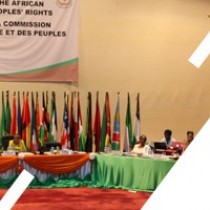


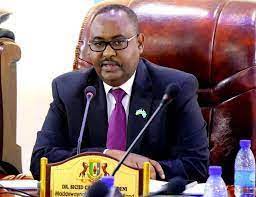
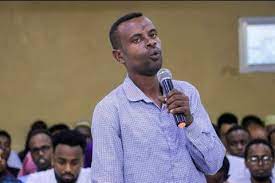
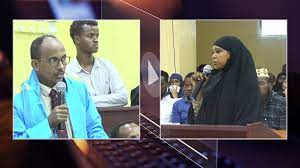

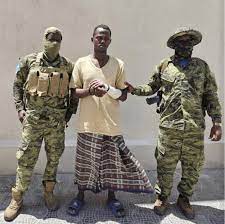


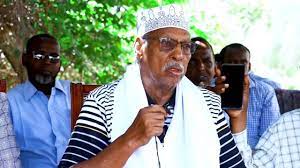
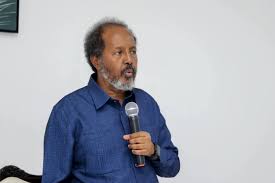
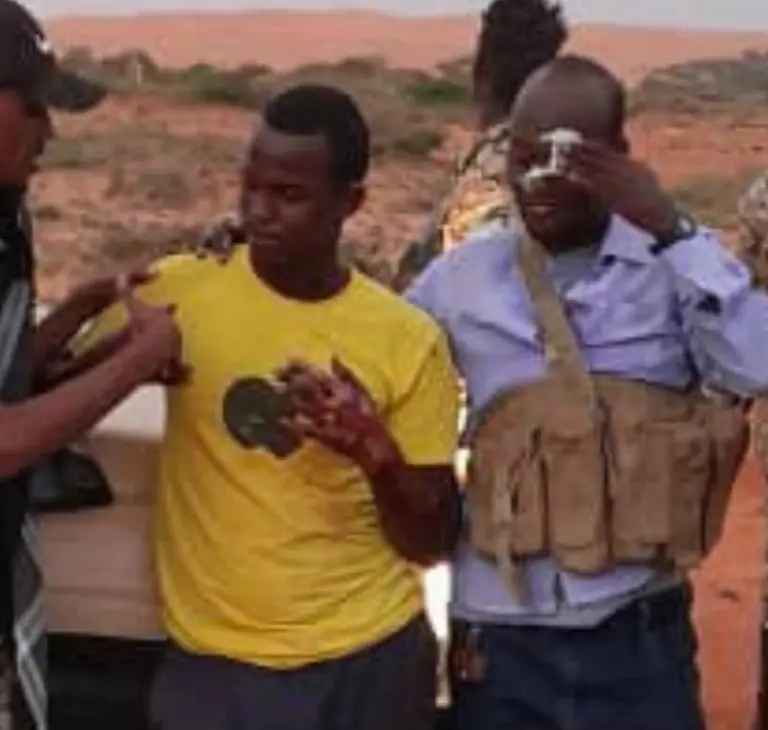
Reflections on the 60th Ordinary Session of the African Commission on Human and Peoples' Rights
Last month, Commissioners and representatives of African member states, national human rights institutions and non-governmental organisations travelled to Niamey, Niger, to attend the African Commission on Human and Peoples' Rights' (the Co